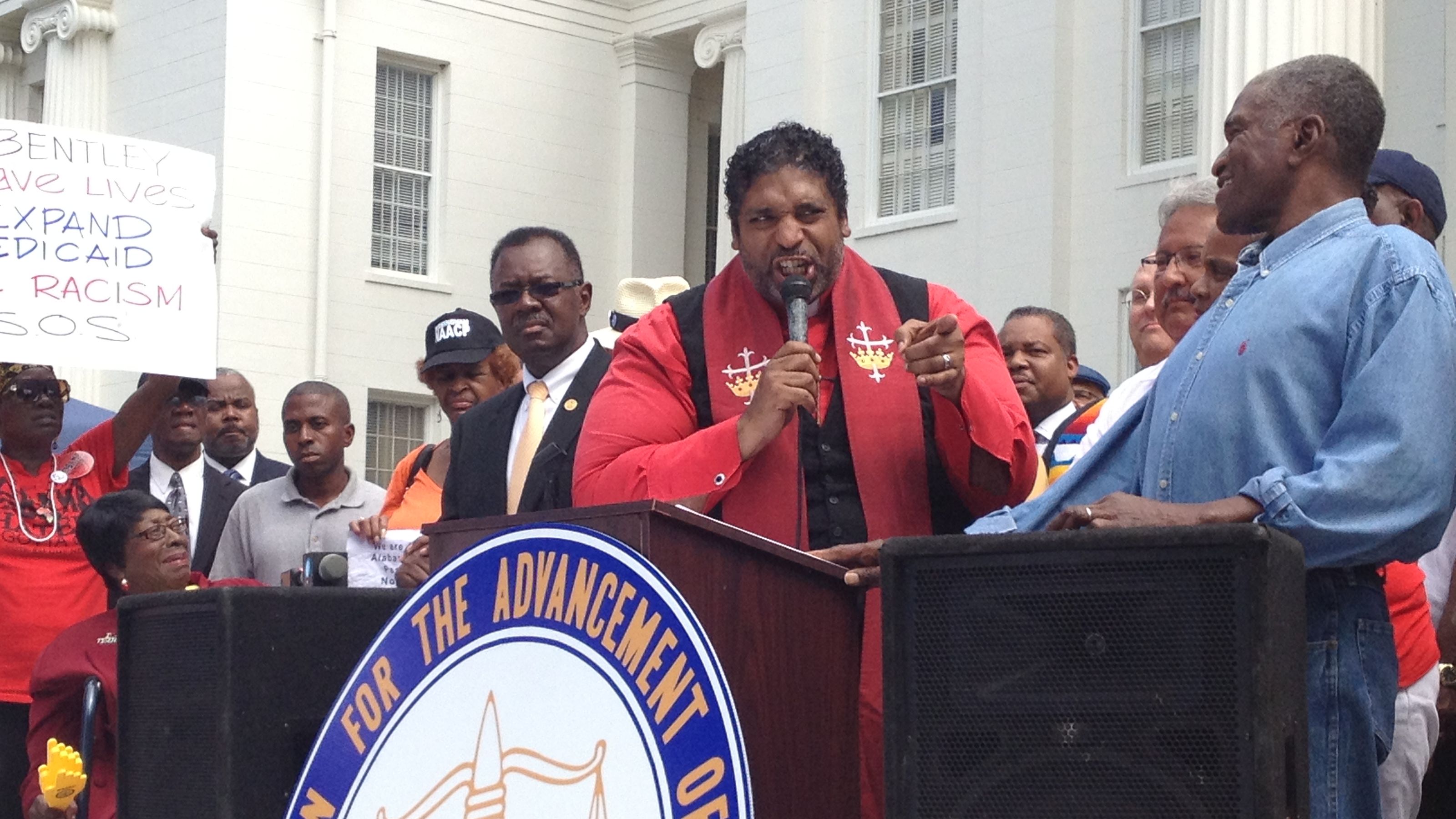In 1950, fifteen years before the Selma-to-Montgomery march, William Faulkner, one of the South’s greatest authors, wrote, “The past is never dead. It’s not even past.” In 2015, as we commemorate the 50th anniversary of Bloody Sunday, Faulkner’s insight is as true as ever.
Nearly two years ago, the United States Supreme Court ruled to hollow out the Voting Rights Act of 1965, allowing several state legislatures, mostly in the South, to open their bags of disenfranchisement tricks and pass voter suppression laws aimed at curbing the progressive vote. Chief Justice John Roberts tried to justify the Court’s 5-4 decision by writing, “Our country has changed, and while any racial discrimination in voting is too much, Congress must ensure that the legislation it passes to remedy the problem speaks to current conditions.”
Underscoring the naive nature of that statement, then-North Carolina House Speaker Thom Tillis and his regressive coalition in the General Assembly promptly signed into law the worst voter suppression bill since Jim Crow. On August 12, North Carolina’s elected leaders enacted a law that not only requires a government-issued photo I.D. to vote in 2016 and after, but also reduced the early voting and Sunday voting period and eliminated same-day-registration, out-of-precinct voting, and pre-registration for 16- and 17-year-old voters who would be 18 on Election Day. Last fall, Justice Ruth Bader Ginsburg wrote, “These measures likely would not have survived federal preclearance, ” which had been maintained for nearly five decades to prevent exactly the sort of legislation we saw passed in North Carolina weeks after the Shelby ruling.
In our state, the voter suppression law has often been referred to as a Voter I.D. law, thereby giving it an air of “common sense, ” as our legislators like to say. But it has done so much more to disenfranchise North Carolinians than merely require a photo I.D.—although that has been proven to be discriminatory enough in itself. Isaiah 10 states:
“Woe to those who make unjust laws,
to those who issue oppressive decrees,
to deprive the poor of their rights
and withhold justice from the oppressed of my people,
making widows their prey
and robbing the fatherless.”
This summer, two years after the Supreme Court ruling and the enactment of North Carolina’s voter suppression law, the North Carolina NAACP and other progressive constituencies—along with the U.S. Department of Justice—will challenge the discriminatory motives and effects of the Tillis law aimed at obstructing progressive votes in North Carolina. We are confident that we will win our case, which we filed 47 minutes after the legislation was passed in 2013.
We should never have had to prosecute it in the first place. We should never have had to file this lawsuit. And our work would be much more difficult were it not for the tireless, pro-bono work of the Advancement Project. But our own legislators forced us into this corner. Instead of finding ways to make voting easier for all North Carolinians, they spent their time building new barriers around our right to vote.
We are glad that Ava DuVernay made a powerful movie based on a very powerful moment—and movement—in this nation’s history. But Selma is much more than a movie. It is a symbol of challenging those who would limit access to the most fundamental practice of a democracy. In North Carolina, we are called to challenge those who, in the 21st century, have decided to make voting much more difficult for thousands of people.
Selma is not dead. It’s not even past. It is alive in North Carolina.

